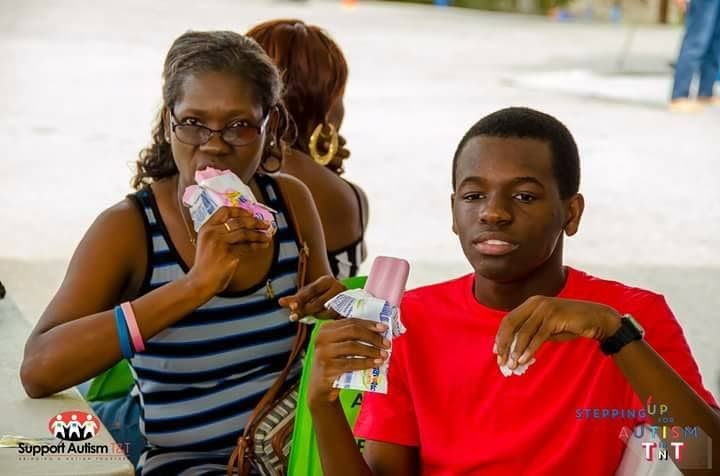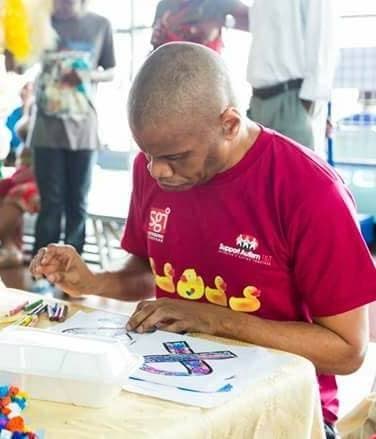A special needs guide for Trinidad and Tobago's politicians

DR RADICA MAHASE
Pope Francis said, “I ask everyone with political responsibility to remember two things: human dignity and the common good.”
This is something that the majority of politicians in Trinidad and Tobago have not remembered, especially when it comes to the special needs population. Fifty-eight years since our country became independent, we have continued to produce politicians only interested in power without fulfilling their responsibilities to the people that voted them into power.
When we look at attitudes towards people living with various physical disabilities or special needs in TT, we see a deep sense of disinterest by those elected to office. Let’s assume, though, the only reason our politicians might not be interested in those with disabilities/special needs is because they don’t know what is expected of them.
If that’s the case, here’s a guide for our politicians, to help them fulfil their responsibilities to this marginalised section of our population.
First, educate yourselves. Some politicians have the highest academic qualifications but yet know nothing about disabilities and special needs. This really goes to show that “book sense" is not everything.
One parent mentioned that last election, she asked someone who was running for office in her area, what were his plans for the special needs community and his response was, “What you talking about? You mean disabled people? People who handicapped?”
When she told him she was talking about people like her adult son, who is on the autism spectrum, his response was, “What is that?”
This parent then spent the next 15 minutes explaining to him the difference between special needs and disabilities (while the two are usually used interchangeably, special needs usually refer to people with learning disabilities such as autism, while disability refers to those with physical and mental inabilities).
Maybe expecting a politician to know those "fine details" is expecting a bit much. However, if someone is elected to office, it is not too much to expect that that politician will at least be familiar with different abilities and definitely not refer to physical disabilities as "handicapped" – not in this century!
Secondly, get to know your constituents. Make an extra effort to know the people in your constituency. Find out who are the ones with special needs/physical disabilities and meet with them. If it’s too much for you to walk around after you are elected, then at least organise some kind of events (when it is safe to do so again) so they can come to you.
How many MPs acknowledge World Autism Awareness Day, World Down Syndrome Day or any other days designated by the UN in acknowledgement of various disabilities? Why can’t an MP organise a Christmas party for children with special needs/disabilities? How about organising a session with parents/caregivers to hear their stories?
Right now, covid19 restrictions have made it easier for you: you can organise it virtually, from the comfort of your office. Whatever you do, get to know your constituents!

Thirdly, use your position to create a more inclusive constituency. No one is asking you to change the entire country or the whole world, we are just asking you to change the area that you represent – your constituency, the area for which you are responsible.
Not sure how to go about doing this? Start by meeting with people with special needs/disabilities. Get to know them, employ them in your office or develop a strategy with the business community so that they can have access to employment opportunities within your constituency.
Develop training programmes in the local communities that they can access, where they can learn skills and develop their talents. Meet with all stakeholders, parents/caregivers, community groups and develop a plan to create equal access to opportunities right there in your constituency. Develop ways for the equitable distribution of resources in your area.
All of the above sounds very difficult? These are just some ideas that, if implemented, can lead to a more inclusive society. They just require our politicians to be interested in actually making a change.
That said, according to Aruna Roy, “The strength of collective decision-making and political responsibility is not only a question of recognising other people's ability. It is also recognising one's own limitations.”
If, as a politician, you recognise that you have limited interest in creating an inclusive TT, then maybe it’s time to get out of politics.
Radica Mahase is the founder/director of Support Autism T&T


Comments
"A special needs guide for Trinidad and Tobago’s politicians"